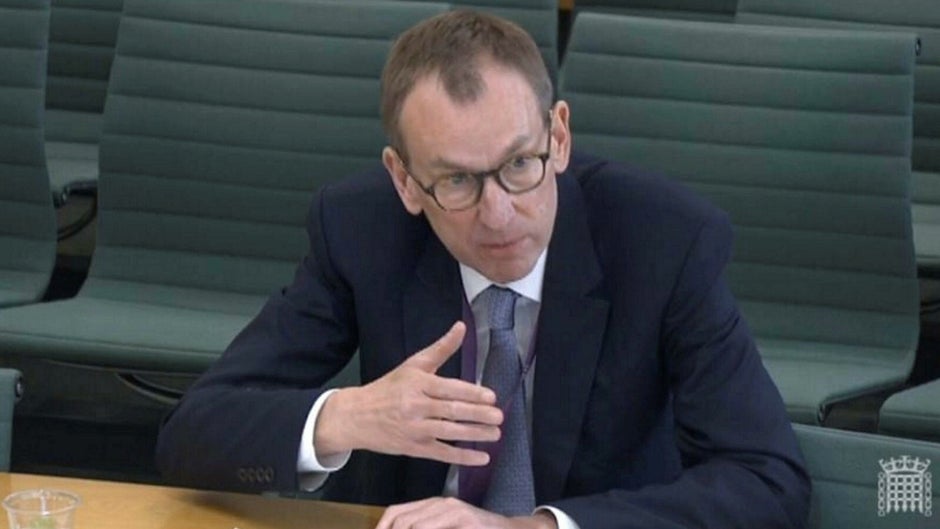High-security computer or phone systems where multiple entries of a wrong password initiate an irreversible wipe of all data on the device (assuming it’s fallen into the wrong hands) isn’t unheard of.
In fact, both Android and iOS smartphones can be easily set up to self-destruct their data after multiple failed attempts to enter the right password. Yet this seemingly innocent security feature is causing a political uproar over in the UK, where it seems to have been used in an extremely unethical way in the Treasury.
That’s a startling number of “accidents,” and it has brought many a doubt to the masses about whether or not the self-destruct feature has been exploited in this case, to erase information or evidence which may be incriminating if found. The goings-on in the UK Treasury are obviously of great consequence to the public, and public transparency in a variety of areas is mandated by the FOI, although the enforcement is proving questionable.

UK Treasury’s Permanent Secretary Tom Scholar
The data that was deleted in consequence to the phone resets includes key communications by the HM Treasury’s Permanent Secretary Tom Scholar. Scholar had engaged in communications with ex-Prime Minister David Cameron, and was later asked to reveal the messages by other Members of Parliament.
Cameron had been involved in a serious lobbying scandal along with failed financier Lex Greensill, and his exchanges with Scholar warranted multiple inquiries and investigations.
After Scholar was pressured to disclose what went on between him and Cameron, the Permanent Secretary claimed his phone had been unfortunately wiped and the messages were irretrievable.
This inevitably brings up questions about the convenience of such an event, and the all-too-easy ability for civil servants to exploit an auto-destruct feature on their phone.
The Good Law Project, an organization dedicated to maintaining governmental and legal justice, expressed loud disapproval over the lack of transparency and shady doings currently being unearthed in governmental agencies:
We don’t just think this situation is wrong – we believe it’s unlawful. It flies in the face of government’s legal obligations to preserve official records, and undermines its ability to comply with freedom of information requests and the duty of candour required by the courts.

